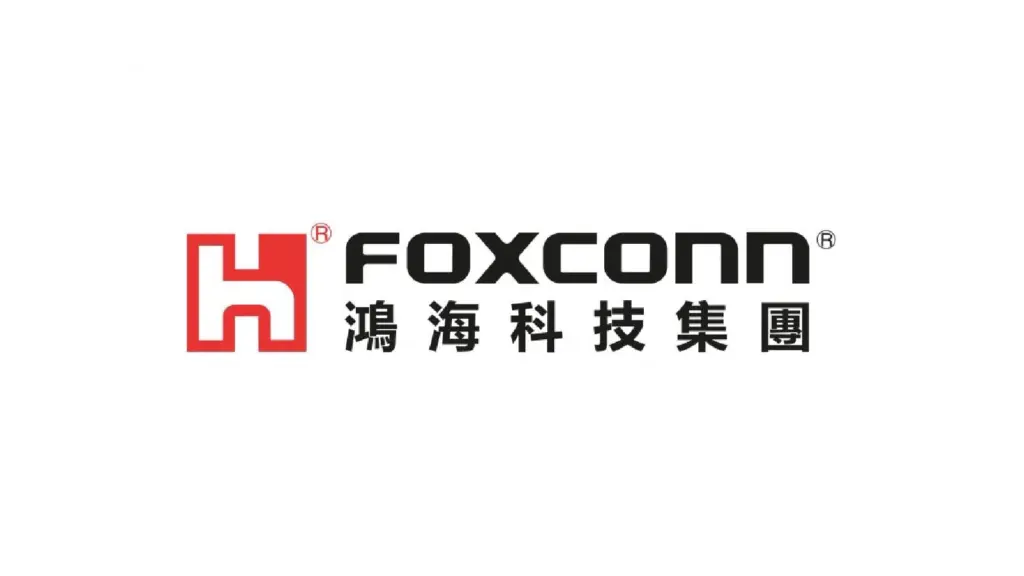When you think of Foxconn, the first thing that likely comes to mind is their role as the world’s largest contract electronics manufacturer—the company behind the production of Apple’s iPhones. But Foxconn, officially known as Hon Hai Precision Industry Co., is expanding into the electric vehicle (EV) market. With plans to capture a significant share of this industry, Foxconn is shifting from consumer electronics to automotive solutions. Here’s what you need to know about this new player in the EV sector.

From iPhones to Electric Vehicles
Foxconn’s move into the EV market is part of its plan to diversify its business and reduce reliance on the smartphone industry. With the growing demand for sustainable energy and EVs, the timing is right.
Foxconn has invested over $1.3 billion in automotive acquisitions over the past decade. They developed the MIH Open Platform—a modular EV chassis and software toolkit designed to speed up EV production for other manufacturers.
By using its expertise in supply chain management and mass production, Foxconn aims to make EV manufacturing more efficient and scalable, appealing to both established automakers and new entrants.
Foxconn’s Strategic Partnerships
Foxconn’s focus is on becoming the preferred manufacturer for automakers, much like its role in the electronics industry. Key partnerships include:
- Yulon Motor Company: Together, they unveiled the Model B EV, a compact electric SUV showcasing Foxconn’s production abilities.
- Stellantis: Foxconn collaborates with Stellantis to develop advanced smart cockpit solutions.
- Fisker: Foxconn is set to manufacture Fisker’s PEAR, an affordable EV aimed at the mass market.
The MIH Open Platform is central to Foxconn’s strategy, offering manufacturers a modular solution to accelerate EV production.
Foxconn’s Vision for EV Leadership
At the Consumer Electronics Show (CES) in Las Vegas, Foxconn revealed the Model B EV, a compact SUV with modern design and advanced technology. This vehicle highlights Foxconn’s readiness to compete in the EV market.
Foxconn’s goal is to produce 40% of the world’s EVs. While ambitious, its expertise in large-scale production gives it an advantage.
Challenges on Foxconn’s EV Journey
Foxconn faces several challenges in the EV market:
- Intense Competition and Profit Margins: Competing with Tesla and other established automakers will be tough. EV manufacturing margins are thin, requiring strict cost control.
- Building Trust in a New Market: While known in electronics, Foxconn needs to establish credibility in the automotive industry.
What Lies Ahead for Foxconn in EVs
Foxconn’s entry into the EV market marks a significant change in the automotive world. By combining its production expertise with EV technology, the company could disrupt the market. Whether it achieves its targets remains uncertain, but Foxconn is a contender to watch.
- Ambitions for Global Market Share: Foxconn aims to produce 40% of the world’s EVs, leveraging its large-scale production skills.
- Potential Benefits for Consumers and Automakers: More affordable, advanced EVs could become widely available. Automakers can partner with Foxconn to streamline their production processes.
The EV market is growing rapidly, and Foxconn is positioning itself as a major player.



